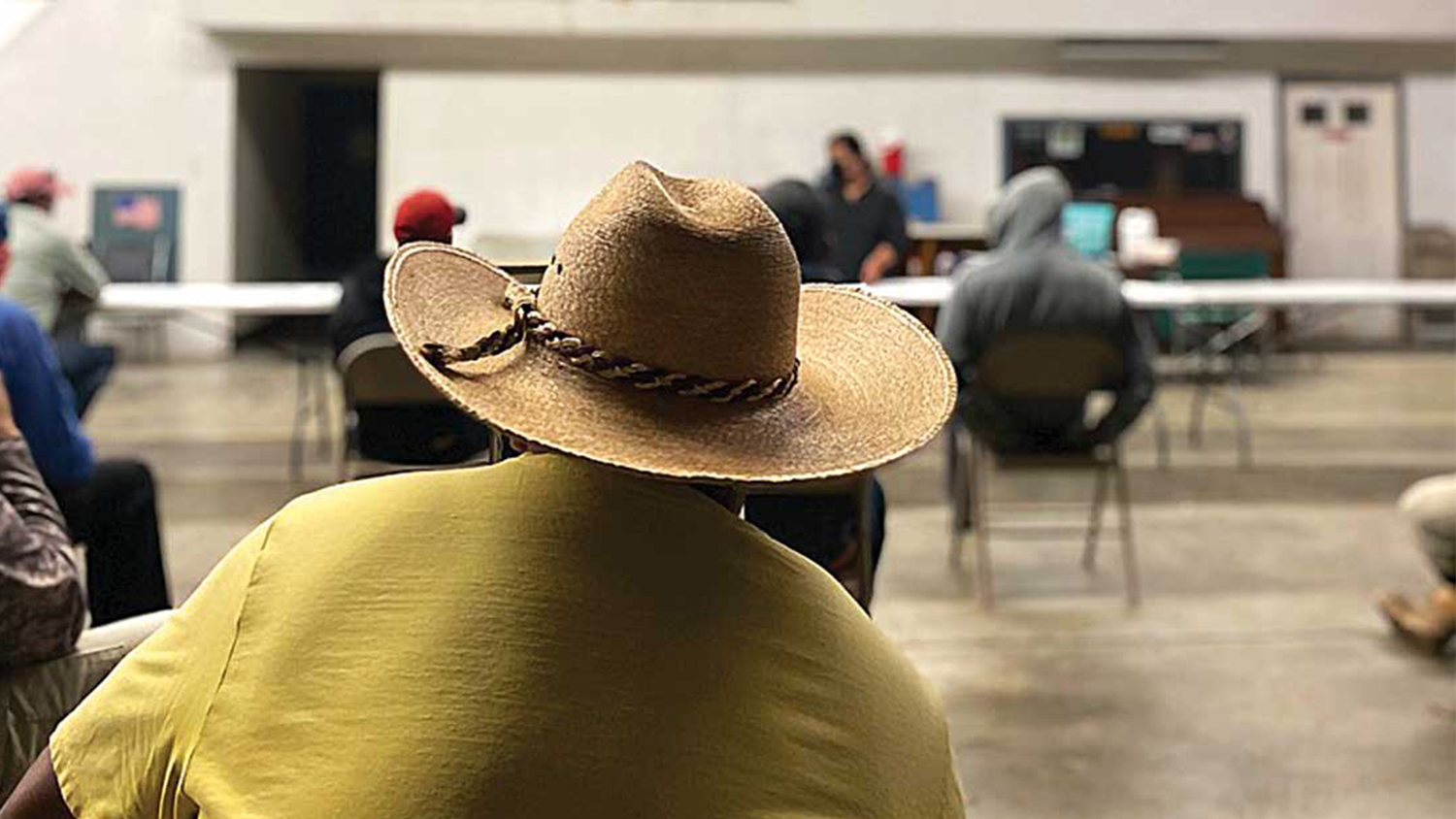By Sarah Nagem
When COVID-19 vaccines became available, North Carolina health officials knew it was crucial for the thousands of farmworkers in the state to get inoculated. So they turned to NC State Extension for help.
The state Department of Health and Human Services partnered with Extension centers and other agencies to educate farmers and farmworkers about COVID-19 and coordinate vaccination efforts. By August, more than 20,000 vaccines were administered across the state through the program, according to DHHS.
Farmworkers, many of whom arrive from Mexico using H-2A agricultural visas, are vulnerable to the coronavirus because they often live together in close quarters, says Cintia Aguilar, Extension Latino programs manager for community and rural development.
“With COVID, that is the first thing we said: What is going to happen when there are some outbreaks on the farms?” Aguilar says. Agriculture is a $92 billion industry in North Carolina, and large COVID-19 outbreaks among farmworkers responsible for harvesting fields could have major economic impacts.
“For some of these crops, it’s not just for North Carolina. It’s for other states or even internationally in a lot of cases,” says Roberto Rosales, lead farmworker health and safety educator for Extension. “So it would definitely cause a trickle effect into other markets in other countries.”
It’s not clear how many outbreaks have occurred among farm workers, since state records include migrant farmworker housing in a category that also includes other types of congregant housing like homeless shelters.
Many farmworkers, who use the money they earn to support loved ones in their native country, have been eager to get the vaccine, Aguilar says. “They know that if they get sick here, what would happen with their families there? Because they’re here to work,” she says.
While the focus has been on vaccines, Aguilar said it’s still important to talk about preventing the spread of COVID-19. Early on in the pandemic, she said, Extension’s priority was to distribute masks and other personal protective equipment. “We are excited in one way, the farmworkers have responded really well,” she says. “But it just takes one person to bring a breakout in the farms.”
- Categories:



